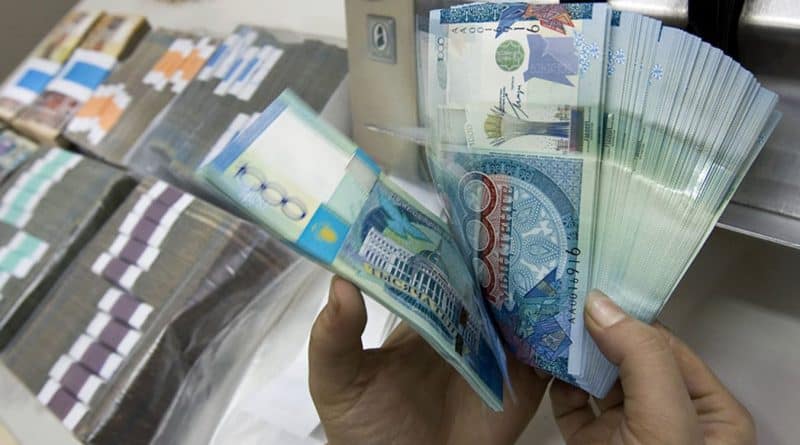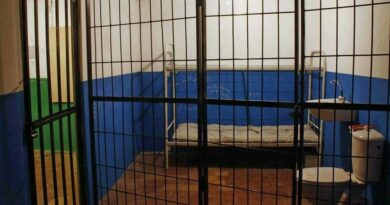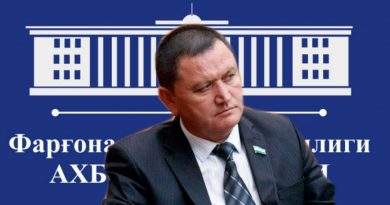Kazakhstan: the level of bribery increased by 11% over the year
For eight months of 2020, 1,600 corruption and other offenses were committed in Kazakhstan against the interests of the civil service and public administration. This is 12.6% less than in the same period in 2019.
However, as analysts from the Finprom agency have calculated, almost two-thirds of the offenses committed are bribery. So at the beginning of the year, 993 offenses of this kind were registered, which is 11.4% more than in January-August 2019.
Of these, 555 offenses are accepting of bribes, 404 are bribes giving, and 34 are bribery mediation. At the same time, the largest number of bribes is given in the West Kazakhstan region – 97 cases in eight months. The second place in this anti-rating is occupied by the Almaty region – 87 offenses, the third – by the East Kazakhstan region (76 cases).
Meanwhile, as reported in the Anti-Corruption Agency, President of Kazakhstan Kassym-Zhomart Tokayev instructed to develop and adopt a law On public control, which will become another tool in the fight against corruption.
As the department explained, with the adoption of this law, a new stage of qualitative socio-economic changes will begin due to transparency, accountability of the state to society.
Meanwhile, this is not the first attempt by Kazakhstan to develop and adopt such a law. So, for example, back in 2012-2013, the concept of a draft law was developed, which stipulated that Kazakhstani society should have modern and effective tools for independent control over the activities of state bodies and local self-government bodies, to reduce the corruption of these institutions.
Although the developers have done a lot of work, the draft law has been severely criticized, both by the Kazakh expert community and by foreign lawyers.
For example, according to Aman Shormanbaev, an expert on political rights of the International Legal Initiative public foundation, this bill was populist and dangerous, since it created a new monster in the person of public controllers who would check the government and business.
In turn, A. Blankenagel, Professor of the Department of Public Law, Russian Law and Comparative Law of the Law Faculty of the Humboldt University, Permanent Associate Professor of the Central European University, wrote the following in his opinion on this draft law:
“The draft law has one gap, which does not allow the authors to become leaders in ensuring the functioning of civil society. We have already pointed out the problem of state and social shortcomings. Since such revelations reveal shortcomings in the spheres of power – in the government, in state structures, and high spheres of the economy – and since information about these shortcomings, as a rule, strongly “upsets” the relevant objects of public control and was often obtained dubiously, the problem of protecting such ” agents of public interest ”such as E. Snowden and the use of the information received, as well as the problem of the boundaries of their activities is present on the agenda of legislators of all democratic societies. The Kazakh legislator in this matter could participate in very important efforts to find a suitable solution for this problem, which, on the one hand, uses such disclosures to the vigilant public or their representatives (who, of course, carry out public interests), but which, on the other hand, also protects the rights of objects of public control where they have acted and are acting lawfully or, in the absence of laws, in the public interest. The draft law is silent on this issue or refers to the legislation of the Republic of Kazakhstan. This is a sad gap or a serious weakness in the bill. ”
As a result, the draft law On public control was not adopted. And now, Kazakhstan has returned to this issue again.




